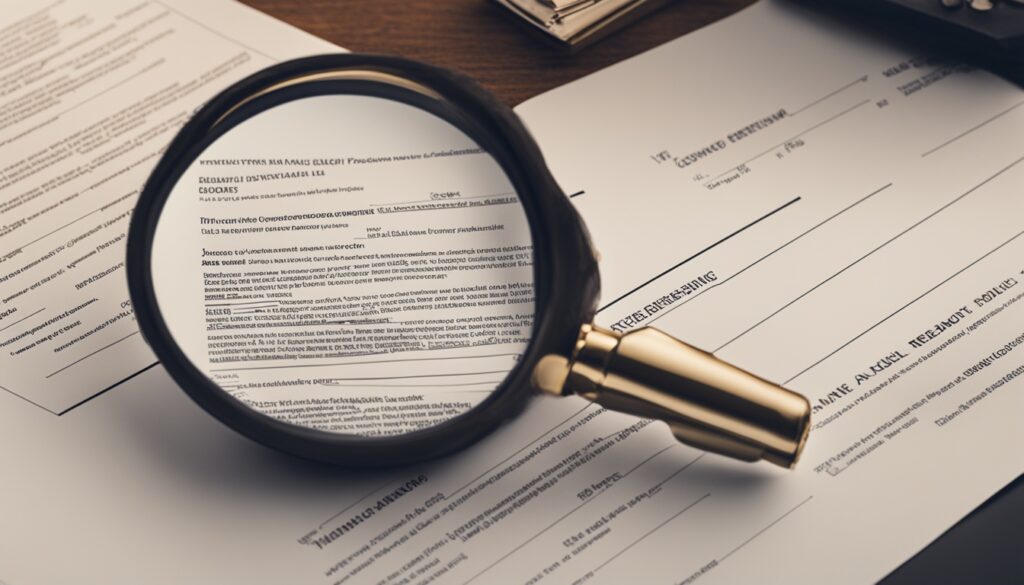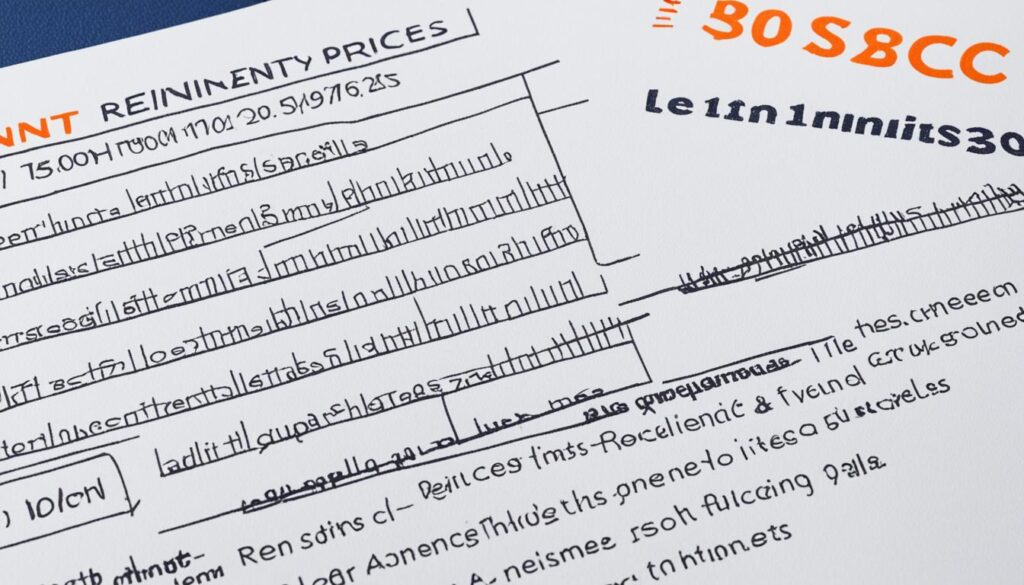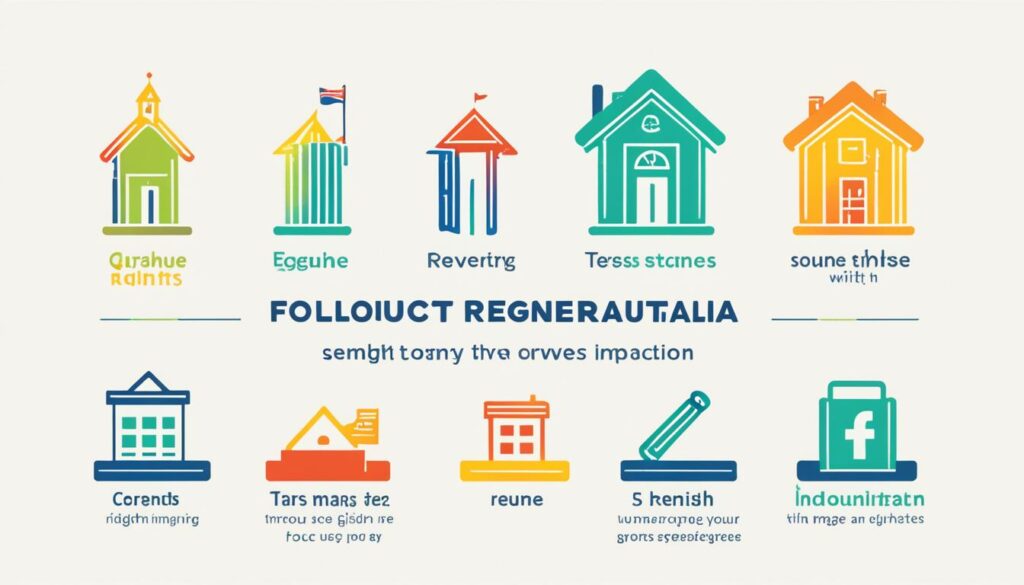Renting in Australia can be a complex process, especially for expats and newcomers. Understanding the various rental laws in Australia is vital to ensure a smooth transition into your new home. Whether you’re eyeing a chic apartment in Sydney or a cozy house in Melbourne, having a grasp of the diverse rental market is crucial for making informed decisions. This guide will empower you with essential knowledge about tenant rights in Australia, as well as landlord obligations, so you can navigate the renting landscape confidently.
As you start your rental journey, familiarize yourself with the crucial documents such as the condition report and tenancy agreement. You must also be aware of bond payments, which can vary based on state or territory. For instance, rental bonds for unfurnished premises are typically four weeks’ rent, while for furnished properties under $250 per week, it’s usually six weeks’ rent1. Understanding your rights related to rent increases and repairs further strengthens your position as a tenant.
To learn more about effective renting practices in Australia, check out this informative guide. With the right knowledge and preparation, you can ensure a positive rental experience and make the most of your time in Australia.
Key Takeaways
- Understand the rental market dynamics and the variety of properties available.
- Review and comprehend your tenancy agreement and condition report.
- Know the bond payment rules according to your state or territory.
- Familiarize yourself with your rights regarding rent increases and property inspections.
- Utilize resources like guides on renting to help you navigate the process.
- Be aware of additional costs associated with your rental agreement.
Unlock Investment Opportunities Abroad
Understanding Australian Rental Practices
The rental market in Australia showcases vibrant rental market dynamics shaped by diverse factors. Understanding the landscape is crucial for both tenants and landlords alike, especially in a continually evolving market.
The Diverse Rental Market
The Australian rental market is characterized by a variety of types of rental properties Australia offer, including apartments, houses, townhouses, and units. Each category caters to different lifestyles and preferences, accommodating a wide range of tenants2. Cities like Sydney, Melbourne, and Brisbane lead in offering attractive rental options, but they also exhibit fierce renting competition major cities experience. The demand often leads to quick leasing, further emphasizing the importance for renters to stay informed about local trends3.
Types of Properties Available
While seeking appropriate accommodations, renters can discover many types of rental properties Australia offers. Apartments are particularly popular in urban environments, while houses may attract families looking for more space. Townhouses and units are also prevalent, each delivering particular advantages depending on one’s lifestyle and needs2.
The Competition in Major Cities
In major Australian cities, renting competition major cities is a significant factor that renters must consider. Desirable properties in areas like Sydney and Melbourne typically receive multiple applications within a short period, creating a challenging environment for prospective tenants4. With the average rental agreement lasting between six to twelve months, understanding the competitive landscape is vital for securing a lease in such high-demand locales2.
Key Renting in Australia Rules

Understanding the landscape of rental agreements is crucial for both tenants and landlords in Australia. These agreements outline the rights and responsibilities of each party involved. The most common form is the residential tenancy agreement, which may be either a fixed-term or periodic arrangement. Each type has its own set of implications, making it essential to grasp their nuances.
Common Rental Agreements
In Australia, the residential tenancy agreement is often the foundation of rental arrangements. Fixed-term agreements have predetermined end dates, offering stability but requiring tenants to stay for the duration. On the other hand, periodic agreements allow tenants more flexibility to depart with notice. Regardless of the type, all agreements should lay out clear terms, ensuring both parties understand their expectations and obligations. To ensure proper enforcement, the rental laws established by each state govern these agreements, emphasizing the importance of familiarizing oneself with tenant rights Australia and5.
Tenant Rights and Landlord Obligations
Tenants in Australia enjoy several important rights, including the right to privacy, the right to a habitable living space, and the right to timely repairs. Understanding these rights is a cornerstone of safeguarding interests for anyone renting property. Likewise, landlords have their own obligations to uphold, including maintaining the property and providing access for necessary repairs. In different regions, laws specify how rental increases are managed and dichotomies related to evictions are handled. For example, in Victoria, laws updated in 2021 introduced minimum standards for properties, including guidelines on rent increases and protections against eviction for overdue rent paid within a certain timeframe6. Further, in the ACT, the Residential Tenancies Act 1997 initiates strong protections for tenants, promoting stability while respecting landlords’ rights7.
Financial Aspects of Renting

Understanding the financial implications of renting can significantly enhance your rental journey in Australia. Rent payments Australia generally occur on a weekly, fortnightly, or monthly basis, with landlords specifying the frequency in rental agreements. It’s essential to recognize that about 31% of homes in Australia are occupied by renters, indicating a robust rental market that necessitates careful financial planning8.
Understanding Rent Payments
The structure of rent payments varies, and potential tenants should be aware of how this affects their budgeting for renters. Landlords may also require upfront payment that could include the initial rent due and the rental bond, which traditionally equals four to six weeks of rent. In areas such as New South Wales, it’s pivotal to note that rules require landlords to register online with Rental Bonds, reflecting the importance of being informed about regional regulations8.
Rental Bond Requirements
Rental bond requirements differ across states and territories, making it crucial for tenants to familiarize themselves with local rules. For instance, in Queensland, if the weekly rent is below $700, the bond cannot exceed four weeks’ rent9. In renting scenarios, these bonds serve as a security measure for landlords, protecting them against damages or unpaid rent. Understanding these financial obligations is vital for effective budgeting for renters.
Budgeting for Additional Costs
Apart from rent and bond, renters in Australia are often responsible for covering utility bills, such as water, electricity, and gas. These extra payments can add a significant amount to monthly expenses. Effective budgeting for additional costs can prevent unexpected financial strain during the rental period. For a comprehensive overview of the kinds of bills tenants may need to pay, check this informative resource here.
Unlock Investment Opportunities Abroad
| Item | Cost Type | Typical Frequency |
|---|---|---|
| Rent Payments | Weekly/Fortnightly/Monthly | According to lease agreement |
| Rental Bond | Up to 4-6 weeks’ rent | One-time payment |
| Utility Bills | Varies (Water, Electricity, Gas) | Monthly |
| Maintenance Costs | Varies | As required |
Renters should ensure their finances align with these requirements for a smoother rental experience. Engaging with landlords on questions regarding property conditions and potential rent increases will further tailor the renting experience to one’s financial goals.
Navigating the Rental Application Process

Securing a rental property in Australia requires careful preparation, particularly concerning the rental application process Australia. Many prospective tenants may find themselves overwhelmed with the necessary rental documents needed for a successful application. Understanding the expectations of landlords and agents can significantly enhance your application experience.
Preparing Necessary Documents
Gathering the necessary rental documents is crucial for any applicant. Typically, renters should prepare the following documentation:
- Proof of identity, such as a driver’s license.
- Income statements or payslips to demonstrate financial reliability.
- Rental history or references from previous landlords.
First-time renters may need to provide additional information to prove their reliability, like employment contracts and character references10. Accurate and truthful information is essential, as false claims could jeopardize chances for approval11.
How to Find Rental Properties
Finding rental properties can be approached through various avenues. Online listings, real estate agencies, and local classifieds are excellent resources for discovering available rentals. With a competitive market, being prompt and thorough in your applications is crucial12. Applicants often face multiple applications for a single property, which highlights the need for clarity and speed in completing applications.
Contacting Landlords and Property Managers
Once you have identified potential rentals, professional communication with landlords or property managers is key. This interaction can set a positive first impression and can significantly influence your chances. Applicants should be prepared for inquiries regarding their rental history and financial background. It is common for landlords to check references and verify applicant suitability, enhancing the determination of their decision11. Remember that holding deposit periods usually last 48 hours12.
Essential Rental Terms and Rights

Understanding the fundamental rental terms and rights is crucial for both landlords and tenants in Australia. Specifically, residential tenancy agreements establish clear expectations and responsibilities in the rental market.
Residential Tenancy Agreements Explained
A residential tenancy agreement is a legal contract between a landlord and tenant, outlining the terms of their rental relationship. These agreements can be fixed-term leases or periodic agreements. Fixed-term leases provide stability for tenants, typically locking in rental rates for a specified duration, while periodic agreements offer more flexibility, allowing tenants to move without a long-term commitment. In Australia, real estate agents must hold bond money in the state or territory’s rental authority to legally protect tenants13.
Understanding Rent Increases
Rent increase regulations vary across different states and territories in Australia. Generally, landlords can only raise rent once every 12 months for fixed-term agreements that exceed two years. For periodic tenancies, landlords may impose rent increases more frequently, but they are required to give tenants written notice 60 days prior to the change14. Understanding these terms helps tenants anticipate changes and participate in negotiations regarding their residential tenancy agreements. It is essential for both parties to be aware of their rights and responsibilities, as landlords must also provide at least 30 days’ notice if they do not wish to renew a lease at the end of the agreement period15.
Conclusion
In navigating the renting landscape, it is crucial for individuals to be well-informed about the various regulations and practices in Australia. Understanding rental laws, including tenant rights and landlord obligations, equips renters with the necessary insights to make confident decisions. As outlined in recent reforms, numerous changes aim to enhance tenant protections, making it essential for newcomers to familiarize themselves with these updates to ensure a smooth renting experience.
Furthermore, the evolving rental market continues to pose challenges, such as low vacancy rates and rising rents. The national rental vacancy rate in Australia stood at just 0.9% in September 2022, pushing rents to a record high of $542 per week in November of that year16. By utilizing available resources, such as tenant resources in Australia, individuals can better understand budgeting for costs and securing their living arrangements amidst these dynamics.
As you embark on your renting journey, keep in mind that continuous education and seeking support will empower you to tackle any challenges that arise. Make sure to stay updated on the latest regulations and explore opportunities that may enrich your renting experience by accessing helpful information through local resources related to Australian rental laws.
Unlock Investment Opportunities Abroad
FAQ
What are my rights as a tenant in Australia?
What types of rental agreements exist?
What is a rental bond, and how much is it?
How do I budget for renting in Australia?
What should I include in my rental application?
How can I find rental properties in Australia?
What are the rules regarding rent increases?
What is the eviction process in Australia?
Source Links
- https://www.facs.nsw.gov.au/housing/help/ways/private-rental-advice/chapters/steps-to-renting
- https://www.instarem.com/blog/rent-australia-complete-expat-guide/
- https://rentbetter.com.au/article/understanding-rent-bidding
- https://www.rentalagreementsdiy.com.au/tenancy_laws_in_australia
- https://blog.remitly.com/immigration/guide-to-renting-a-property-in-australia/
- https://www.lawlab.com.au/blog/a-landlords-guide-to-residential-tenancy-laws-in-australia
- https://www.justice.act.gov.au/renting-and-occupancy-laws
- https://www.nerdwallet.com/au/home-loans/living-in-private-rental
- https://www.propertyguides.com/australia/news/rules-renting-property-australia/
- https://www.consumer.vic.gov.au/housing/renting/starting-and-changing-rental-agreements/applying-signing-and-moving-in/applying-for-a-property
- https://www.domain.com.au/advice/signs-your-rental-application-will-be-approved/
- https://www.qld.gov.au/housing/renting/finding-place-to-rent/applying-for-rental-property
- https://www.studyaustralia.gov.au/en/tools-and-resources/tips-and-advice-for-students/accommodation-know-your-rights
- https://yla.org.au/nsw/topics/at-home-parents-and-family/renting/
- https://www.studyaustralia.gov.au/th/tools-and-resources/tips-and-advice-for-students/accommodation-know-your-rights
- https://www.ahuri.edu.au/research/brief/why-does-australia-have-rental-crisis-and-what-can-be-done-about-it

Comments